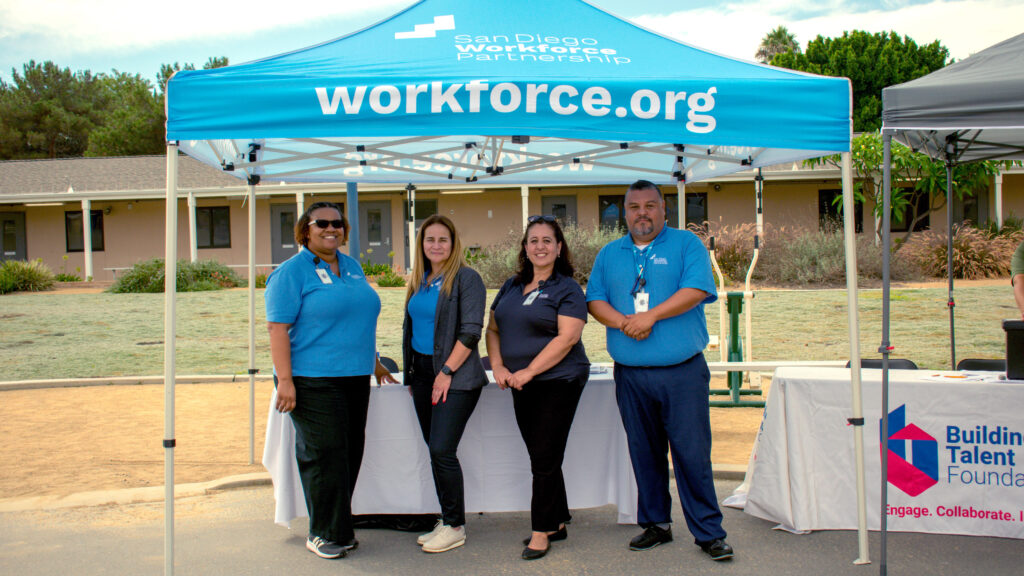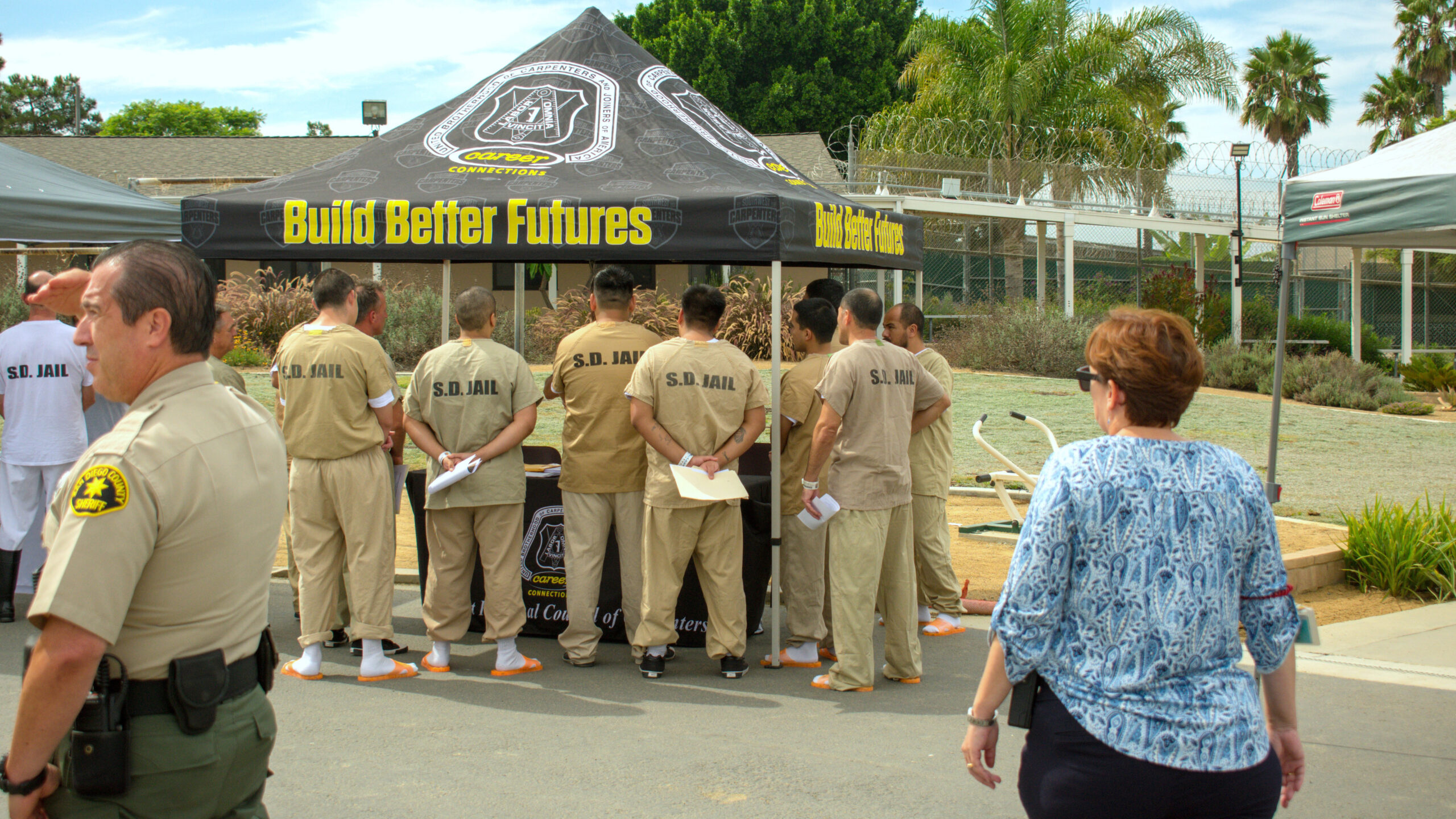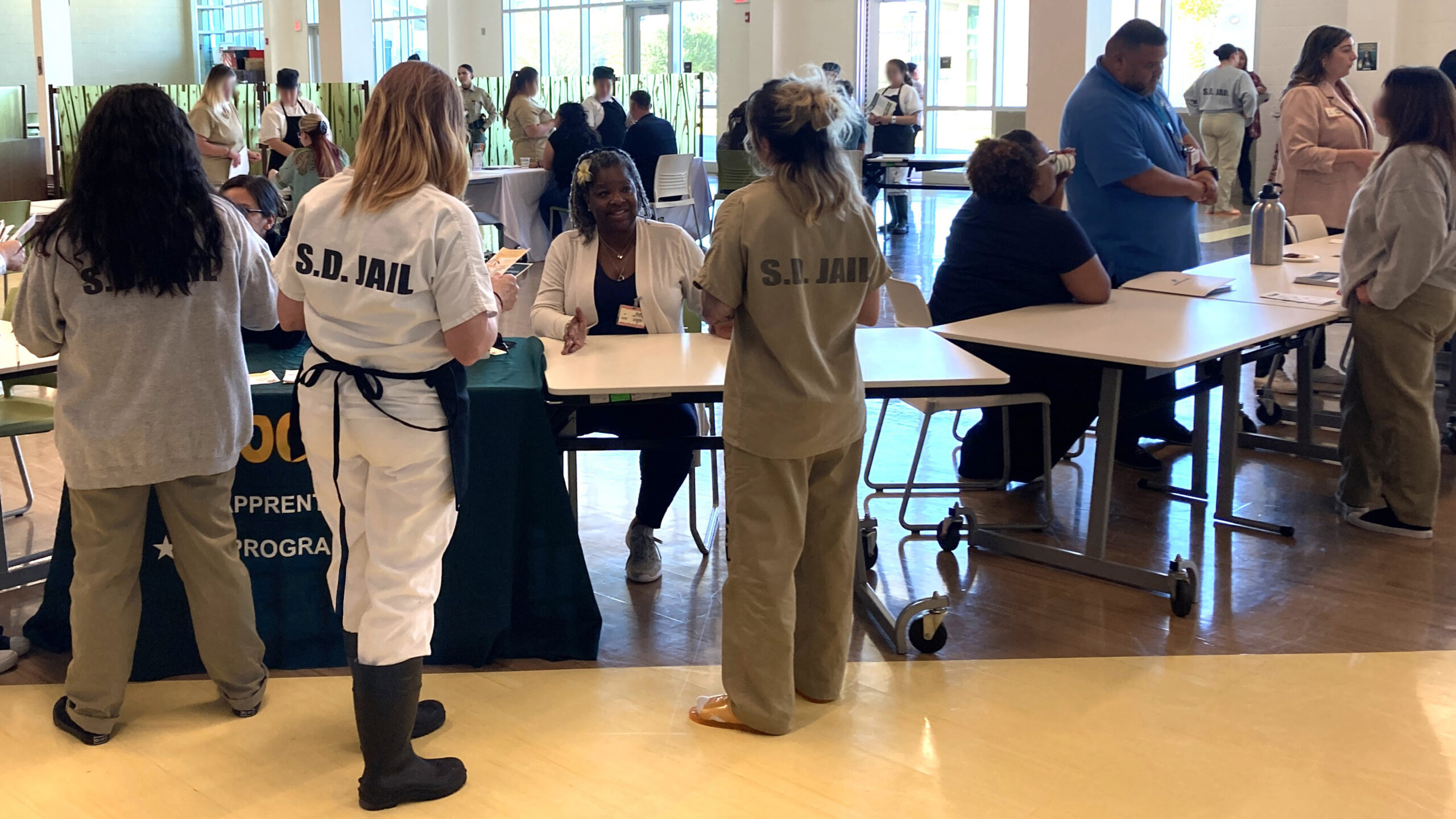
Employment stands as the foremost contributor to diminishing recidivism rates, underscoring how joblessness remains a key predictor of reoffending.
Throughout the nation, organizations and advocates for justice reform have played a pivotal role in changing public perception and the narratives for justice-involved individuals, leading to what today is designated as Second Chance Month. These efforts gained national attention in 2017 when the U.S. Senate supported a nationwide initiative aimed at raising awareness, reducing bias, and addressing systemic consequences for individuals with criminal records, also promoting second-chance opportunities and spurred policy change momentum; subsequently, prompting the White House to declare April as Second Chance Month in 2018.
In California, this initiative materialized through the 2018 enactment of the Fair Chance Act: Criminal History and Employment, commonly known as “Ban the Box,” which bars employers with five or more employees from inquiring about conviction history before extending a conditional employment offer.
Research shows that one of the leading contributors to lowering recidivism is employment, and while policies like Fair Chance Act help with biases in the workplace, there are many other barriers to employment that this population face such as securing housing, affordable health care, and an education. Overcoming these barriers is achieved through workforce development training — providing job search skills, tools and connections — wrap around services to support their transition, and efforts to incentivize and encourage employers to adopt second-chance hiring practices. More importantly, to be successful, these efforts need to start well before they are released.
The San Diego Workforce Partnership began this work in 2015, with the development of our Reentry Works services, such as Prison to Employment, and a partnership with the San Diego County Probation and Sheriff’s departments where we provide on-site workshops, job fairs and one-on-one coaching to individuals who are within 180 days of release from East Mesa Reentry Facility and Las Colinas Detention and Reentry Facility.

“The P2E post-release program is comprehensive; Deona “Dee” Dorsey, from the P2E team explains, “We foster partnerships among our team, the employer, the job seeker, and their family. By identifying the employer’s pain points and matching them with hidden talents and facilitating wage reimbursement incentives, we create earn-and-learn opportunities that lead to long-term career opportunities and growth, ultimately contributing to higher workforce success.” Rather than merely connecting justice-impacted job seekers and employers, the program connects individuals with wrap-around services that address needs such as housing, food, transportation, holistic healthcare and anything else needed to thrive in their professional endeavors.
Matching Interests to Careers
In 2023 the Workforce Partnership enhanced our training offerings with an expanded curriculum that introduces participants to frameworks and language to speak confidently about who they are and the skills they have. Since that time, the team has delivered more than 100 workshops to an audience of over 500 through this program.
“The class was fantastic! Not only did I create a resume during the session, but afterward, I connected with Dee to enhance it even further. She also helped me enroll in P2E, leading to a paid position at the incredible place where I had previously been volunteering, Sharia’s Closet. Meanwhile, I’m pursuing certification as a drug and alcohol counselor,” said Lacy Henderson, a recent program participant. “Working in the donation center has taught me the importance of networking; I’ve already made connections with over 200 partners. I’m absorbing everything around me, and it’s incredible to see how I’m able to manifest everything I need in life.”

During these workshops, participants are introduced to the RIASEC framework, a vocational typology that helps them to organize their own interests and match them with career options. They use the Essential Skills Rubric and supporting activities to identify their strengths and practice speaking about them. Finally, they use this newfound knowledge to hone their job interviewing skills and craft resumes.
“It is incredibly rewarding to witness the transformative journey of self-discovery, guiding individuals from uncertainty about identifying their skills to confidently articulating them in the world of work. Through this process, they learn to lead with their strengths, nurturing a newfound confidence as they reenter society. And there is a power in knowing that this is just setting the stage for what may convert to a post-release journey that further supports their personal and professional success.”
—Theresa Perales Curriculum and Training Specialist, San Diego Workforce Partnership
Throughout the program, participants acquire knowledge and a language that not only instills confidence, but above all, helps them communicate their unique talents and skills to the world, enabling them to thrive and enjoy their highest quality of life in the workforce.
Our Comprehensive Approach
Once participants are released, they are encouraged to participate in post-release services to support their workforce and personal success. At this point they can connect with our many community partners who can help them through their unique challenges such as:
- Restoring Citizens: high quality recovery residence
- GLM House: housing that integrates essential life skill development
- Family Health Center of San Diego: affordable, high-quality health care
- McAllister Institute: drug and alcohol treatment providers
- Lived Experience: social services supporting physical, emotional and social needs
- Always Ready: personal and professional development training
- Homeless Court: progressive Plea Bargain System
- Sharia’s Closet: emergency clothing with dignity and respect
- Rise Up Industries: post detention reentry services
- Kitchens for Good: culinary baking and hospitality Apprenticeships
- SBCS: youth and family supportive services
- Vehicles for Change: car ownership and technician training.
We are continuously looking to be more efficient in our approach and provide comprehensive services to the reentry population more effectively. Most recently, with funding from the California Workforce Development Board (CWDB) we joined the Helping Justice-Involved Reentry Employment (HIRE) Initiative, allowing us to fiscally support nine local partnering organizations expanding our work and meeting participants where they are at. To learn more about Second Chance Month and how you can support the Reentry population reach out to Manager of Programs Deona Dorsey reentryworks@workforce.org
